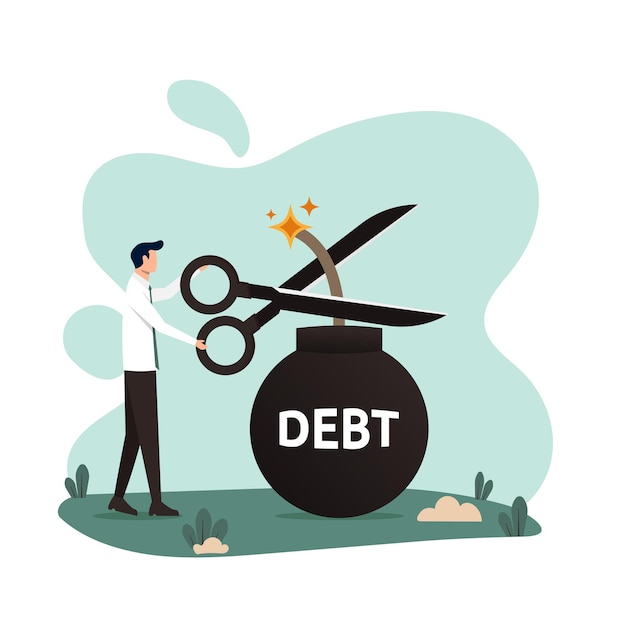
Once steeped in considerable debt myself, I distinctly remember the shift in perspective when I understood that clearing my debt was a necessity. I became intensely determined in my quest to become debt-free, using every tool at my disposal.
Adhering to the advice of many financial gurus, I reduced my spending and sought methods to boost my earnings. I sold most of my belongings and downsized my living arrangements to make more money available for debt repayment.
A common recommendation among financial experts is to reduce, or even halt entirely, allocations for retirement, personal savings, and investments during the phase of repaying debt. However, I wasn’t persuaded that this was the right move, so I opted against it. So here are the strategies I used to continue saving and simultaneously investing in the market, while breaking free from a $55K consumer debt within a span of 3 ½ years.
UTILIZE THE COMPANY MATCH
My employer offered a maximum 4% match to the employees’ retirement funds as they didn’t provide a company pension plan. When I started fervently tackling my debt, I was already contributing the necessary 4% to earn the matched funds. I saw no sense in forsaking free money, so I persistently continued my 4% contributions.
If you are enrolled in a company-subsidized retirement plan, which matches a segment of your contributions, you’d be doing your future self a favor by, at minimum, maintaining the contribution level that ensures the company match.
Should you be contributing more than the company’s matching limit, whether to divert that extra amount towards debt repayment instead is a personal choice. Do take into account the estimated time it would take for you to be debt-free before altering any contributions towards retirement.
ALLOCATE PAY RAISES
I was lucky enough to receive salary increments throughout my debt repayment period. Instead of inflating my lifestyle with these raises or applying them to my debt, I chose to channel the additional amount into my retirement plan. Employing this method meant my employer would automatically deposit the raises into my retirement account, the impact of which I would only notice via my steadily increasing account balance.
If you’ve recently received a raise but your expenses are adequately covered by your existing post-tax salary, you could contemplate investing the extra money. When deliberating to invest your pay hike pre-tax or steer it towards your debts, consider the amount you’d potentially lose to taxes to determine which would be more beneficial.
DESIGNATE SAVINGS AS EXPENSE
As I trimmed irrelevant expenses and committed to a frugal, yet pleasurable lifestyle, I viewed savings as an expenditure. After accumulating sufficient funds for a contingency account, I diverted most of the money towards debt repayment and the remainder into investments. This regular savings practice offered a means of safeguarding against future debt.
Possibly all surplus money could have been used to pay the debt? Maybe, but at some point, the interest rate on the remaining debts was less than the market returns I could reasonably expect from my investments.
The saying “personal finance is personal” rings true as everyone’s financial situation and money management tactics differ. While eliminating debt is crucial for increasing net worth, I firmly believe that savings and investments also have roles during the debt repayment phase, even if minor.


